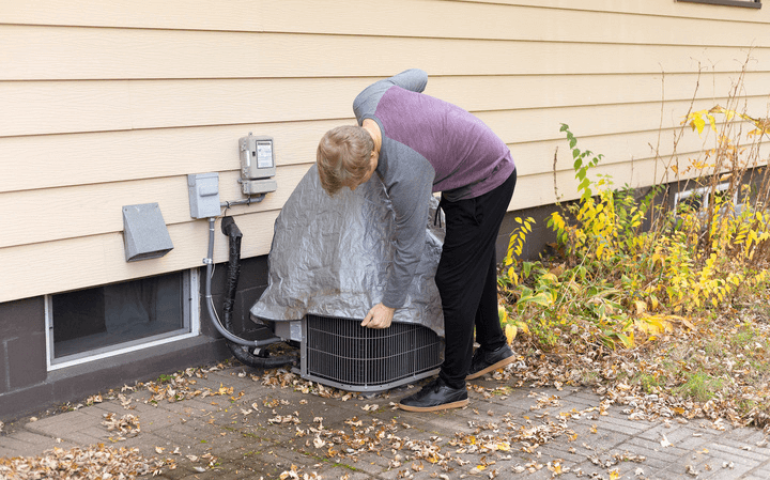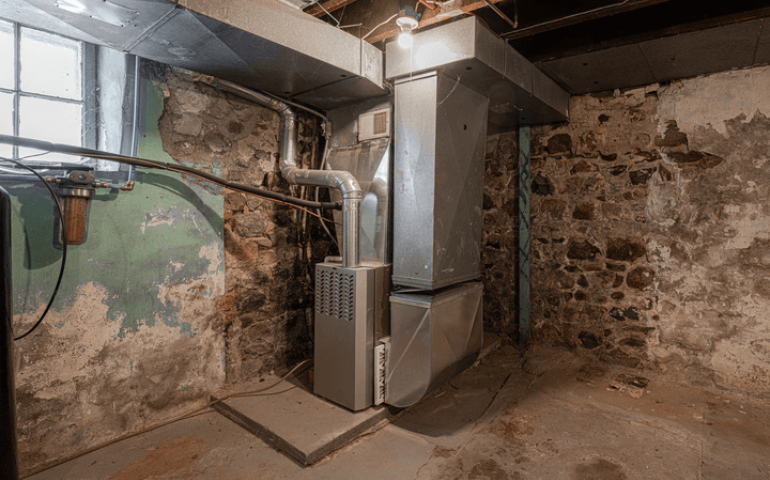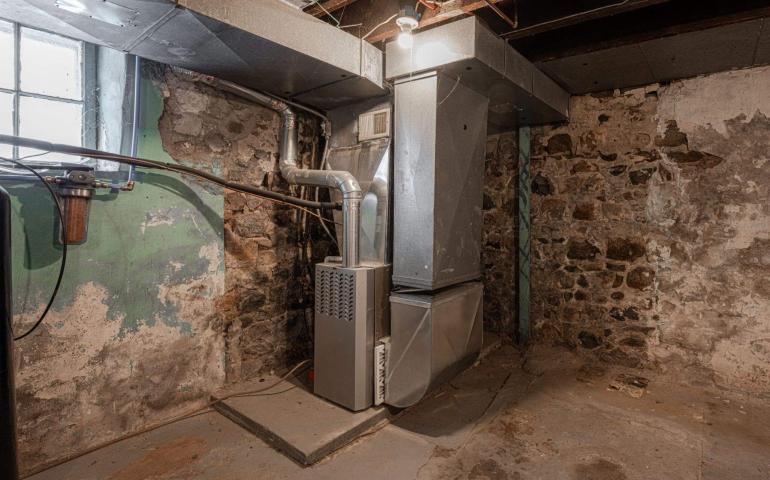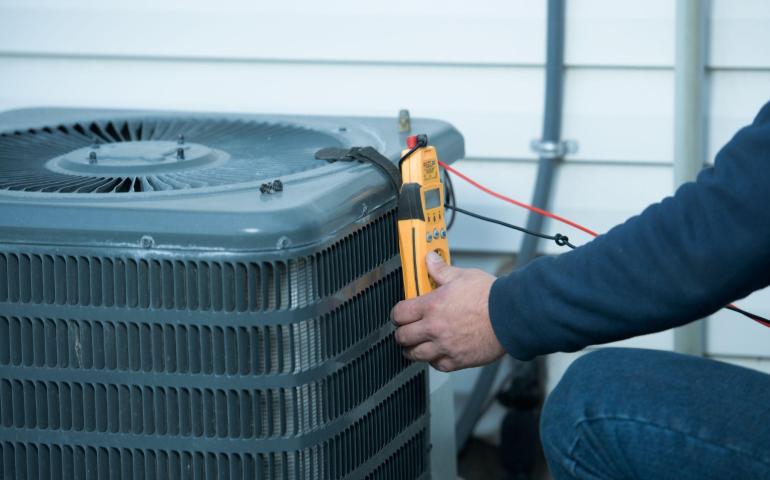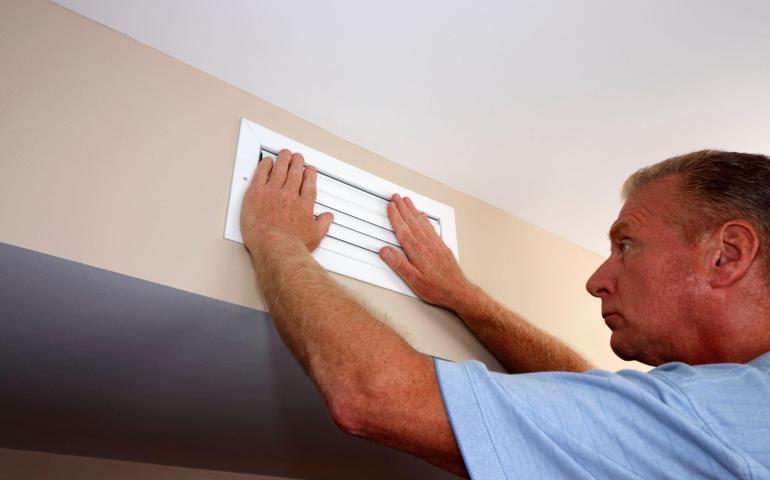The air we breathe is essential to our survival. Too often, we compromise its quality without even realizing it. Modern homes, sealed for energy efficiency, can trap pollutants indoors. This can lead to a host of health issues. We spend most of our lives indoors. This makes the quality of indoor air a top concern for our health. Poor air quality can lead to respiratory problems, allergies, and long-term health implications. Despite the alarming statistics, the good news is that we have control over the air quality in our homes. Here are five easy-to-follow tips to help you enhance the air you breathe every day.
Tip 1: Proper Ventilation
One of the simplest ways to improve indoor air quality is by ensuring that you have good ventilation. The goal is to allow fresh outdoor air to replace the stale indoor air that has various pollutants. Whenever possible, open windows on opposite sides of your home to encourage cross-ventilation. This not only lets in fresh air but also helps reduce moisture and prevent mold growth. In areas like the kitchen and bathroom, the air is likely to be more contaminated due to cooking or steam. Use exhaust fans to remove airborne particles. Make it a habit to turn on the fan every time you cook or shower.
Tip 2: Regular Cleaning
Keeping your home clean can help cut down on airborne particles. Regular dusting can help remove allergens such as dust mites. Vacuuming with a HEPA filter can trap fine particles that might circulate in the air. It's also worth cleaning your vents and any other areas that dust can accumulate. If you have a forced A/C system, change the filters according to the manufacturer's guide. This not only keeps the air clean but also makes your system more energy efficient.
Tip 3: Introducing Plants
Plants are not only nice to look at but can also act as natural air purifiers. Some houseplants can filter out common volatile organic compounds (VOCs) from the air. Examples include spider plants, peace lilies, and Boston ferns. Place a few in your living areas and enjoy their air-cleaning benefits. Keep your plants healthy by watering them often and giving them proper sunlight. Well-cared-for plants are better at removing pollutants from the air.
Tip 4: Controlling Humidity
High humidity levels can create an environment for mold and dust mites to thrive. But low humidity can cause discomfort and respiratory issues. In damp areas of your home, like the basement, use a dehumidifier to help control moisture. Aim for a humidity level between 30% and 50% to discourage the growth of mold. In dry climates or during the winter, a humidifier can add moisture back into the air. This can help to prevent issues such as dry skin and sinus problems.
Tip 5: Avoiding Harsh Chemicals
Many household cleaners and air fresheners contain chemicals. These chemicals can be harmful when inhaled. Choosing natural options can improve air quality. Plus, it can reduce the impact on the environment. Look for cleaning products that are non-toxic and biodegradable. These products are usually free from harsh chemicals. These can contribute to poor air quality. Air fresheners and scented candles can also release harmful VOCs into the air. Consider alternatives like essential oils in a diffuser. This can keep your home safe while smelling fresh.
Contact Us
By following these five tips, you can enhance the quality of the air in your home. You can have less respiratory issues, allergies, and an improved sense of well-being. Make these small changes to create a comfortable and safe living space for you and your loved ones. If you need help improving your home's air quality, contact us today. Remember, the air you breathe matters, so breathe easy with these easy-to-implement suggestions.


